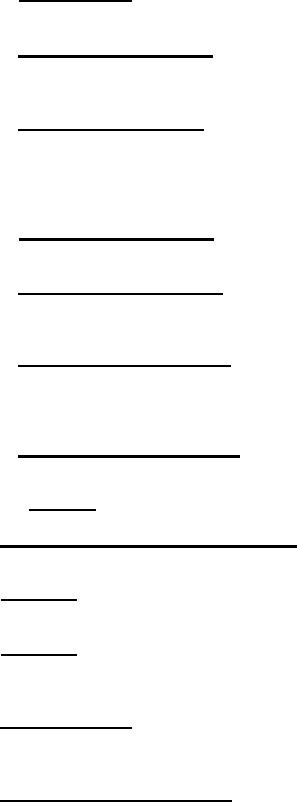 |
|||
|
|
|||
| ||||||||||
|
|  MIL-I-19028E(OS)
3.2.4.3 Hookup wire. Unless otherwise specified, all hookup wire
used in the inverter shall conform to MIL-W-16878.
3.2.4.4 Mercury and silicone. Materials capable of giving off either
mercury or silicone vapor when subjected to temperature within the oper-
ating range of the inverter shall not be used.
3.2.4.5 Ferrous metal parts. Electrical sheet steel assemblies shall
be processed by accepted commercial methods to provide protection against
corrosion. Where other non-corrosive-resistant ferrous metals must be
used, the exposed surfaces shall be zinc plated in accordance with QQ-Z-325,
Type II, Class 3 (0.002 inch thick zinc plating.)
3.2.4.6 Aluminum alloy parts. Aluminum and aluminum alloys, if used,
shall be coated to meet the requirements of MIL-C-5541.
3.2.4.7 Magnesium alloy parts. Magnesium and magnesium alloys, if
used, shall be treated in accordance with MIL-M-3171, Type III, followed
by priming in accordance with MIL-P-6808.
3.2.4.8 Semi-conductor devices. All semi-conductor devices shall
meet the requirements of MIL-S-19500. Prior to use, these devices shall
be subjected to 100 percent rated power dissipation for 200 hours and
thereafter, meet the initial acceptance requirements.
3.2.4.9 Unauthorized components.
No electrolytic capacitor shall be
used in this inverter.
3.2.4.10 Weight.
The weight of the inverter shall not exceed 23 pounds.
3.2.5 Moisture, fungus, and corrosion. The inverter shall be rendered
moisture, fungus, and corrosion resistant as required by OS 6341.
3.2.6 Marking. Marking of assemblies, subassemblies, and parts shall
be in accordance with Dwg 1263725.
3.2.7 Threads. Unless otherwise specified, all threads shall be in
accordance with National Bureau of Standards Handbook H28. The class
or fit for threads shall be as specified on the applicable drawings.
3.2.8 Modifications. Any change(s), after initial qualification, of
schematic, materials, components, and processes shall be approved in
writing by the procuring activity.
3.2.9 Conflicting requirements. In the event of conflict between the
documents referenced herein and the contents of this specification, the
contents of this specification shall apply.
4
|
|
Privacy Statement - Press Release - Copyright Information. - Contact Us |